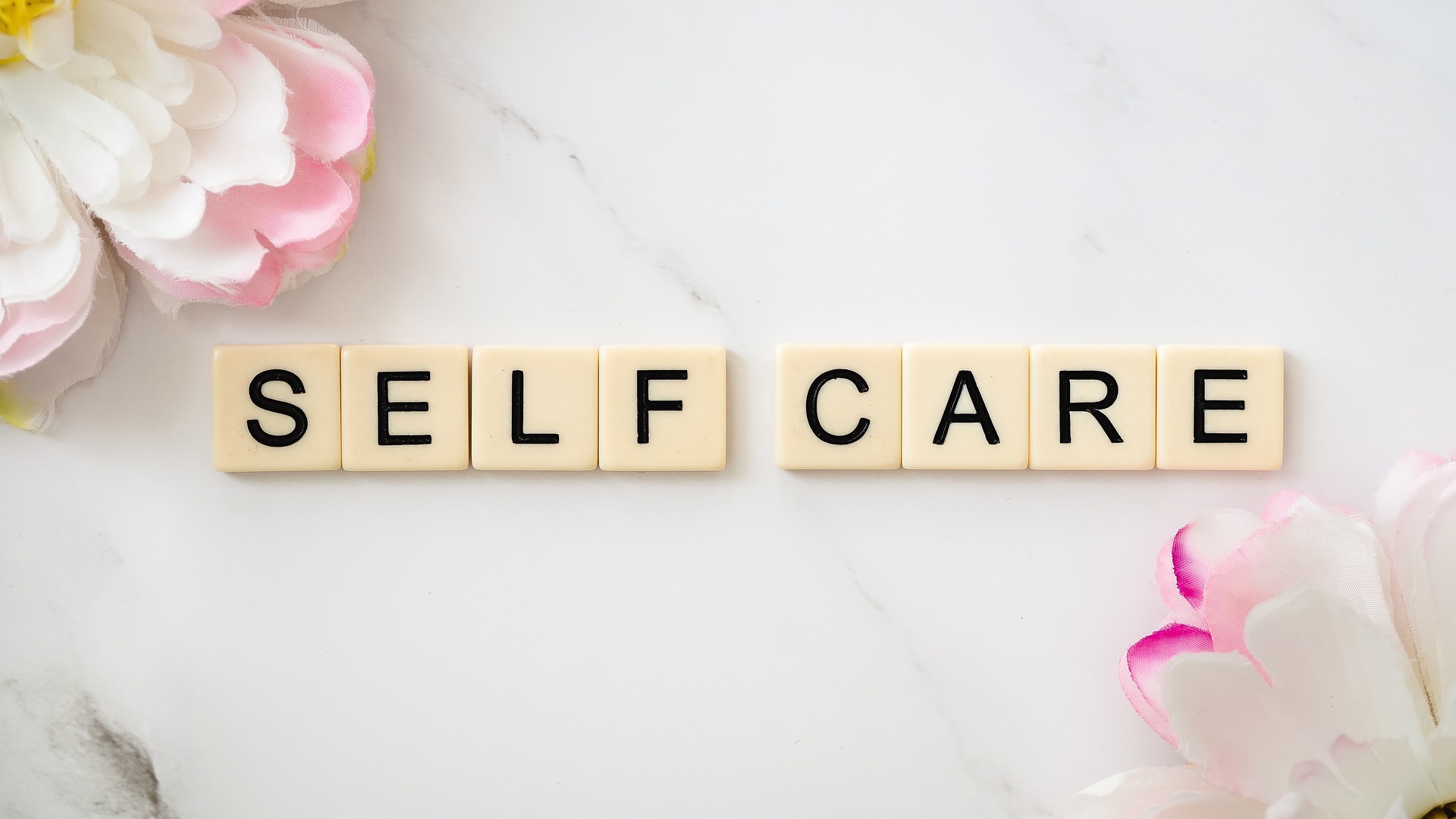If you consider yourself a generally health-minded person, then there are certain things you would just not do to yourself. Would you start smoking? Eat nothing but junk food? Drink alcohol daily? Deprive yourself of sleep? Of course not – health-minded people take care of themselves. That said, can you honestly say that you put yourself through a basic routine of mental health self-care? Are you familiar with what that looks like?
Our team of mental health professionals at SoCal Empowered has long believed that good health involves both the physical and mental sides of life. Handling just one is not enough, but making sure you engage in mental health self-care should not seem daunting. Instead, it should just be part of your routine. If it’s done right, it will simply become part of who you are, and the benefits will continue to show themselves throughout your life.
We are going to present a series of articles going forward on different ideas for mental health self-care. Doing so could help you or a loved one put any mental struggles you’re experiencing into perspective. Not to mention, if you take these steps and you still find yourself having extreme difficulties, it should be a clear signal that it’s time to contact us for a more involved level of intervention.
Every mental health self-care plan starts with a foundation. Below we’re going to present that before getting into more specific ideas in the near future.
1. Take Stock of Your Situation
Mental health self-care starts just like any other form of self-care: by taking stock of your situation. If you’ve ever decided that it was time to get into better physical condition, you wouldn’t start by running a marathon the next morning. Instead, you’d take some time to perhaps write down your challenges and what you want to accomplish with your efforts.
That should be the first step with a mental health self-care plan. Take a few minutes to sit down and write out some answers to questions like the ones you see below:
- What types of struggles are you experiencing?
- Are you depressed? Anxious? Stressed?
- How is your sleep?
- Have your eating habits changed?
- Are there situations that trigger problematic responses?
- What types of things help you get through the tough days?
- Are you losing interest in things you’ve always enjoyed?
- Is your inner voice getting louder and more negative?
- Do you have troubling thoughts that seem to come from nowhere?
- Does it all just seem overwhelming at times?
Every plan, if it’s going to be effective, needs a starting point. Understanding more about what you’re dealing with is the best way to get a visual on what you need to do going forward. The answers to these types of questions could prove invaluable as you handle this process.
2. Talk to Your Doctor
In almost every situation in which you may be making changes to your lifestyle, it’s wise to talk to your doctor before doing so. For instance, changing your diet, your exercise routine or anything else that could affect how you feel should include the input of the person who has been helping you maintain your overall health.
He or she is going to be able to offer advice on several fronts as well as warn you about risks you may encounter given your health status. No one is better equipped to look at your health history, current data and potential pitfalls with regards to your mental health self-care plan. Taking this step will also clear your mind of any concerns regarding whether or not you’re doing the right thing.
3. Be Honest with Yourself
One of the most difficult things in life for a lot of people is being honest with themselves. Some people look in the mirror and see someone who needs to lose weight no matter what, while others may lean the other way. Regardless, self-perception is a challenging concept. That’s because we are alone with our thoughts every second of every day, and our inner voice is extremely persuasive.
Therefore, as you start to build your mental health self-care plan, you need to do your best to provide yourself with an honest assessment of all things you. It may even be wise to seek the input of trusted friends or loved ones in order to do so, as what they may have to say could be unexpected but extremely valuable.
4. Be Realistic
If you decide that you need to lose a significant amount of weight, then telling yourself you’re going to lose 30 pounds in the next month is only setting yourself up to fail. Few if any people can do that safely or in a way that’s maintainable. You need to be realistic in your approach to your physical health. Not doing so could lead to undue risk or goals that are not achieved because they were never really possible in the first place.
The same holds true when it comes to your mental health self-care plan. If you find yourself struggling with different challenges, you’re not going to completely eliminate them in a matter of days, weeks or perhaps even months simply by making a few small changes in your life.
Instead, you need to give yourself the opportunity to succeed. Put a mental health self-care plan together that involves several achievable steps, and you’ll find that your mindset will improve as you progress. You can’t solve everything at once, but as you accomplish things, the next small goal becomes that much more achievable.
5. The Priority of Your Mental Health Self-Care Plan
More often than not, people cannot really see how you’re doing with your mental health very easily. It’s an internal struggle, and it’s always going to be that way in a certain respect. However, you need to put as much priority on your mental health self-care plan as you do your physical health. After all, it’s all but universally believed that mental and physical health are interconnected.
Therefore, there’s no reason to give you mental health less attention or priority than your overall physical health. As you’ll see in future articles, one definitely helps the other, and vice versa. Don’t allow yourself to procrastinate or just not focus on your mental health because you’re busy or you’d rather do something else.
How SoCal Empowered Can Help
A mental health self-care plan can make an enormous difference in anyone’s life. It should be seen in the same light as a healthy diet, exercise routine or sleep pattern. If you’re really struggling, or you’re concerned about a loved one who is, then it may be better to contact us as soon as you can to discuss the situation. We’re here to help those who need it the most, so don’t hesitate to reach out if you don’t think a long-term approach is going to make the necessary difference.
We’re ready to listen.




